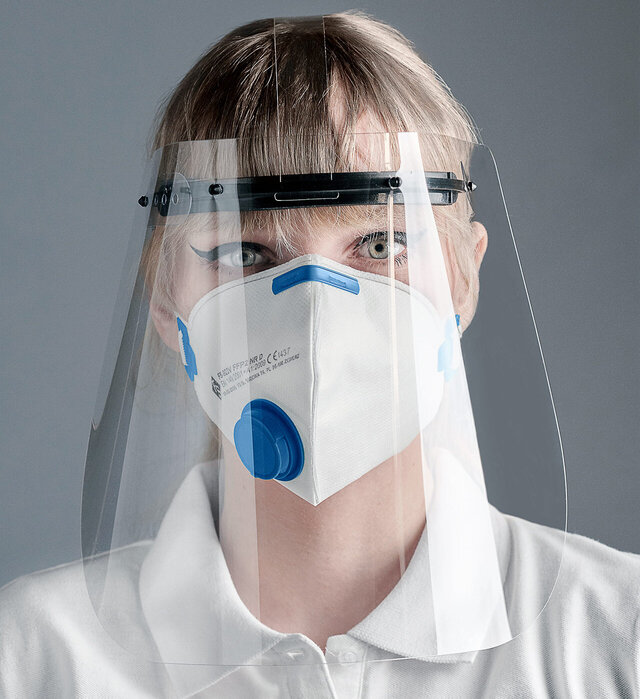Innovative response
Measures to promote burden sharing within the private sector
Specific issues addressed and anticipated impact
An Economic Watch Committee (CVE) was created to discuss and take the necessary measures to mitigate the economic and social impacts of the pandemic. It is chaired by the Minister of Economy, Finance and Administrative Reform and includes representatives from the public and private sectors.
* Employees affiliated with the social security system will benefit from a 2000 dirhams monthly allocation (approximately 202 USD). They will also benefit from a suspension of loans and consumption credits reimbursements, until 30 June 2020. With high levels of informality, the Economic Watch Committee decided on 23 March to provide financial relief to informal workers suffering from the economic impact COVID-19. The compensation method involves a digital platform for aid applicants (asking their personal details: ID number, phone number, and evidence of their occupation).
* Other measures to support employees include the postponement of deadlines for personal income tax returns and the exemption from income tax on the additional allowances paid to employees affiliated to the social security system (CNSS) by their employers, but this exemption shall not exceed 50% of the average net monthly salary of the employee who benefits from it. In addition, procedures for declaring employees affiliated to the social security system (CNSS) who are on temporary work stoppage are relaxed. Declarations can be made on a weekly basis as of April 2020.
* Workers in the informal sector, starting with households benefiting from the medical assistance plan RAMED and which no longer have an income due to compulsory confinement, will receive 800 DH per month for households of two people or less; 1,000 DH per month for households of three to four people; 1,200 DH per month for households of more than four people. Households without RAMED operating in the informal sector and who have lost their income following compulsory confinement will also benefit from this provision by filling out their request
Organisations/institutions involved
he Ministry of Economy, Finance and Reform of the Administration

